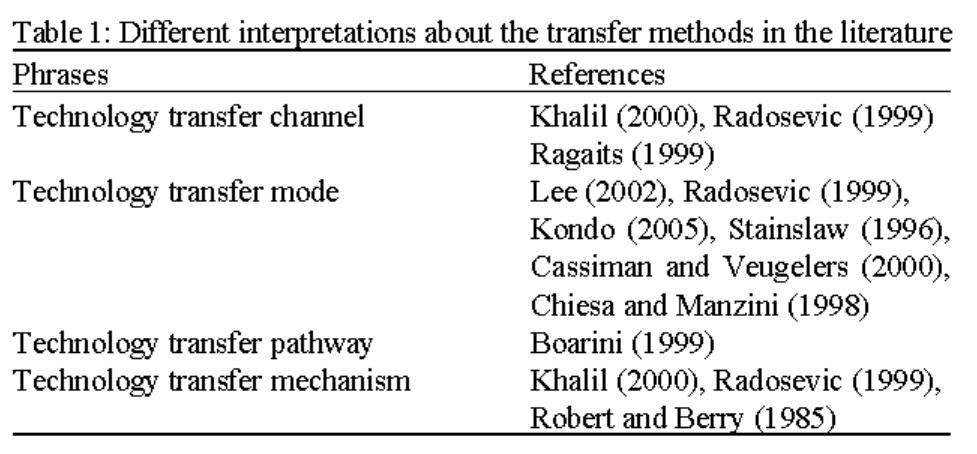Key research themes
1. How can resource recovery and wastewater treatment innovation contribute to sustainability and circular economy in the downstream petrochemical industry?
This research theme focuses on novel approaches to wastewater management in petrochemical and refining processes aiming to transform wastewater from an environmental liability into a resource stream. It aligns with circular economy principles by extracting valuable materials such as nutrients, energy, and water for reuse, thereby reducing operational costs, environmental pollution, and enhancing resource efficiency in the downstream sector.
2. What are the technological and strategic pathways to enhance refinery modernization and operational efficiency in downstream petrochemical sectors?
This theme investigates the modernization of refining facilities focusing on technological innovation, operational improvements, and strategic development models to enhance product quality, process efficiency, and competitiveness. It reflects challenges inherent in the downstream oil and gas sectors, especially in transitioning facilities to meet global standards amidst economic and regulatory constraints. Empirical studies from both global and regional perspectives provide actionable insights into effective upgrade pathways and technology transfer approaches.
3. How can environmental sustainability and risk mitigation be integrated into downstream petrochemical operations to minimize ecological and public health impacts?
This theme addresses environmental sustainability concerns in downstream petrochemical industries, encompassing the minimization of pollution, risk assessment methodologies, regulatory compliance, and management of hazardous waste streams to protect public and ecosystem health. It includes assessments of artisanal refining impacts, risk-based safety frameworks, and environmental policy adoption efforts focused on mitigating the direct and indirect health risks posed by industrial operations.
















